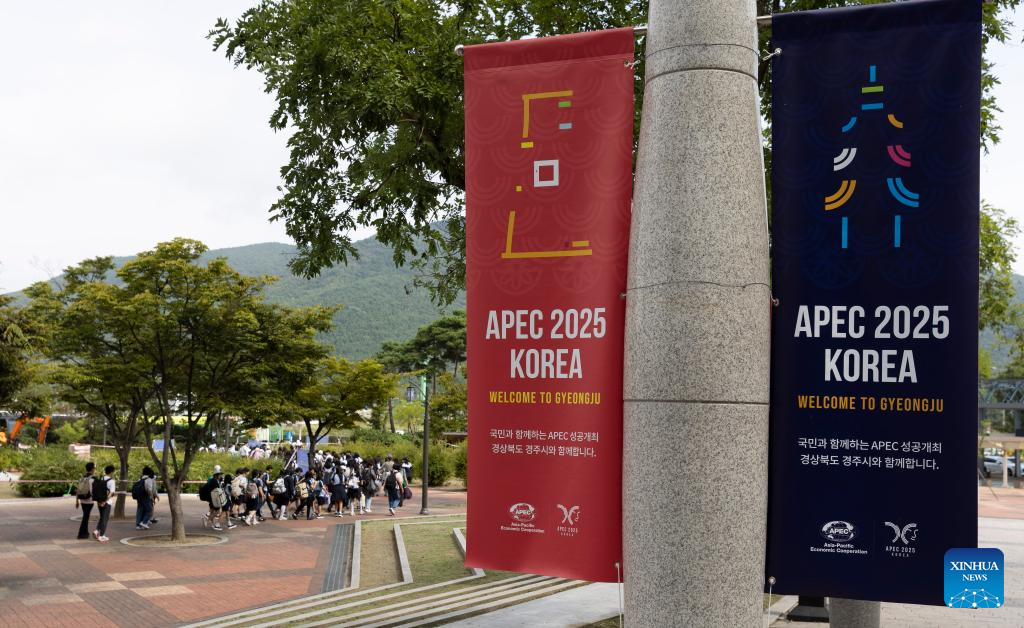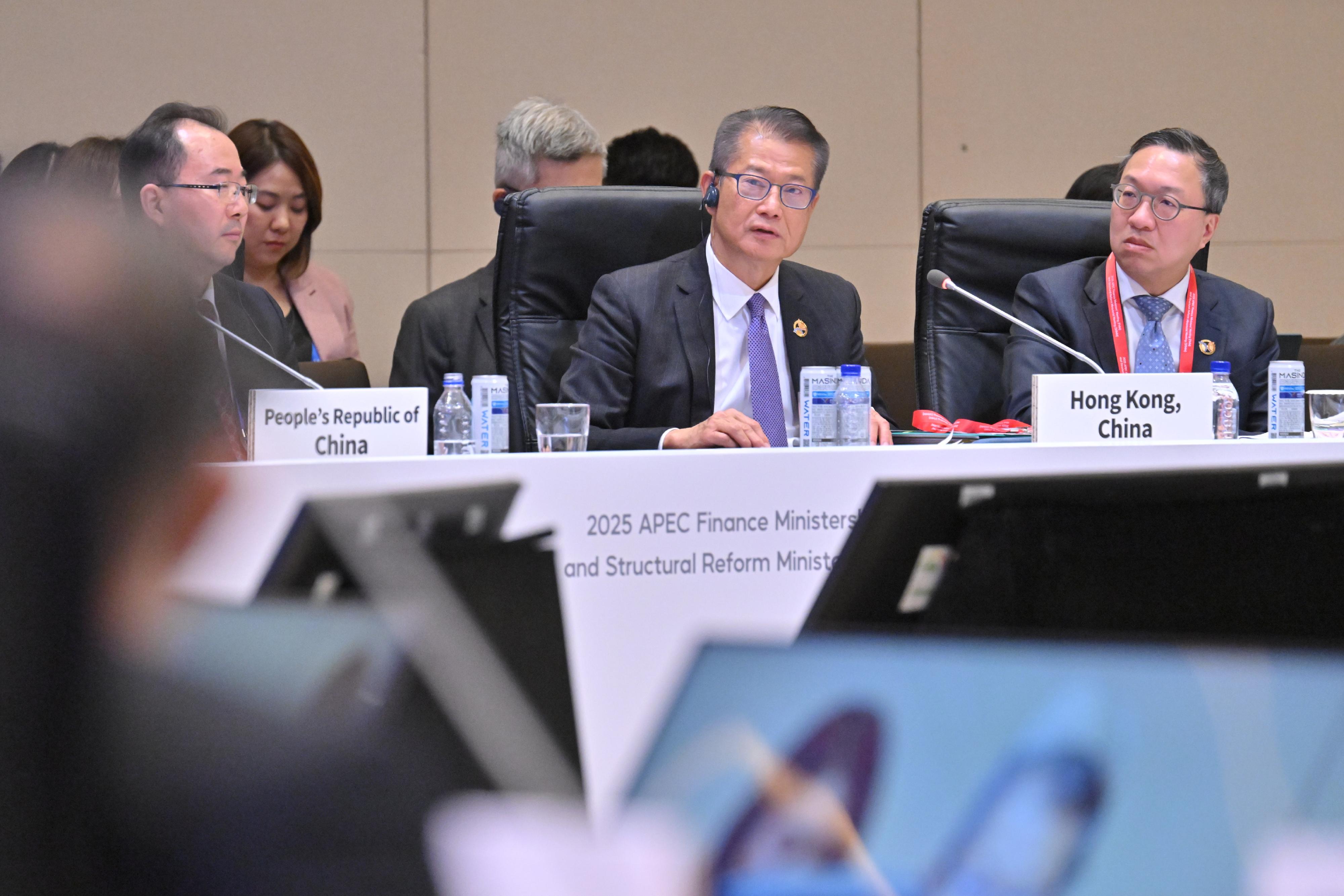
Hong Kong officials and experts expressed high hopes that the upcoming APEC meeting will forge constructive consensus on aligning artificial intelligence governance standards and bridging the technology divide, while highlighting the city’s potential to make significant contributions.
The 32nd APEC Economic Leaders’ Meeting opened on Friday in Gyeongju, Republic of Korea. Set against the backdrop of AI’s explosive growth, this year’s meeting calls for deeper cooperation on AI among its 21 member economies.
“Given the inherent openness and rapid diffusion of AI technology, international cooperation is essential for AI governance,” said Hendrick Sin, chairman of the Committee of the AI Subsidy Scheme, an initiative by the Hong Kong Special Administrative Region government to support the AI industry.
Sin added that APEC, as the most influential economic cooperation platform in the Asia-Pacific region, is uniquely positioned to foster dialogue and build consensus.
“We hope to see substantive progress in AI cooperation at the APEC meeting, particularly in advancing regional standards, narrowing the digital divide, and creating cooperation opportunities for Hong Kong’s AI sector to flourish,” Sin said.
ALSO READ: APEC members bank on HK’s ‘superconnector’ role in free trade network
Sin, who is also a Hong Kong deputy to the National People’s Congress — the nation’s top legislature — said that AI governance is closely linked to everyone’s daily lives. “Data privacy, algorithm transparency, and liability clarification are the cornerstones of trustworthy AI,” he said.
Hong Kong has taken the lead in regulating AI practices, issuing an official guideline in April. This outlines the scope and limitations of AI applications, addresses potential risks such as data leakage and model bias, and sets out governance principles for generative AI technology.

Sin described the guideline as a “flexible and pragmatic reference framework”, offering suggestions for sectors such as finance, healthcare and education.
However, Sin said that for further industry growth, Hong Kong must pursue cross-border data and application collaboration to offset the constraints of its own market. This requires advancing the alignment of AI governance standards across regions.
Beyond regulations, the APEC meeting also emphasizes the importance of promoting innovative AI governance solutions among developing economies and narrowing the global digital gap.
Nick Chan Hiu-fung, a lawyer and director of the Asian-African Legal Consultative Organization Hong Kong Regional Arbitration Centre, highlighted Hong Kong’s unique strengths in leading these efforts. In July, he cofounded the AI for Human International Foundation in Hong Kong, aiming to leverage the city’s global network to formulate practical AI governance solutions.
ALSO READ: South Korea woos HK tourists ahead of APEC meeting
Chan, who is also an NPC deputy, said Hong Kong can leverage cutting-edge AI technologies from the Chinese mainland, while connecting with diverse global AI application scenarios, such as tropical agriculture, archipelago logistics, and inclusive finance, especially in developing economies.
He envisions the APEC meeting evolving from an event focused on “discussing AI” to a community dedicated to “building AI”. Chan also suggested APEC members intensify collaboration on talent cultivation and AI-related research to boost regional competitiveness.

At the APEC Finance Ministers’ Meeting session on Oct 22, Hong Kong Financial Secretary Paul Chan Mo-po outlined the city’s “dual strategy”: developing AI as a core industry and using AI to upgrade other sectors. He also cited local efforts in computing power, algorithms, application scenarios, data, and funding.
Paul Chan urged APEC to enhance cooperation through capacity building, knowledge-sharing, and technical support to narrow the digital divide. He also called on the region to facilitate dialogue on AI regulations, cross-border data flows and digital trade, and to strengthen the regional innovation and technology ecosystem for startups and researchers.


